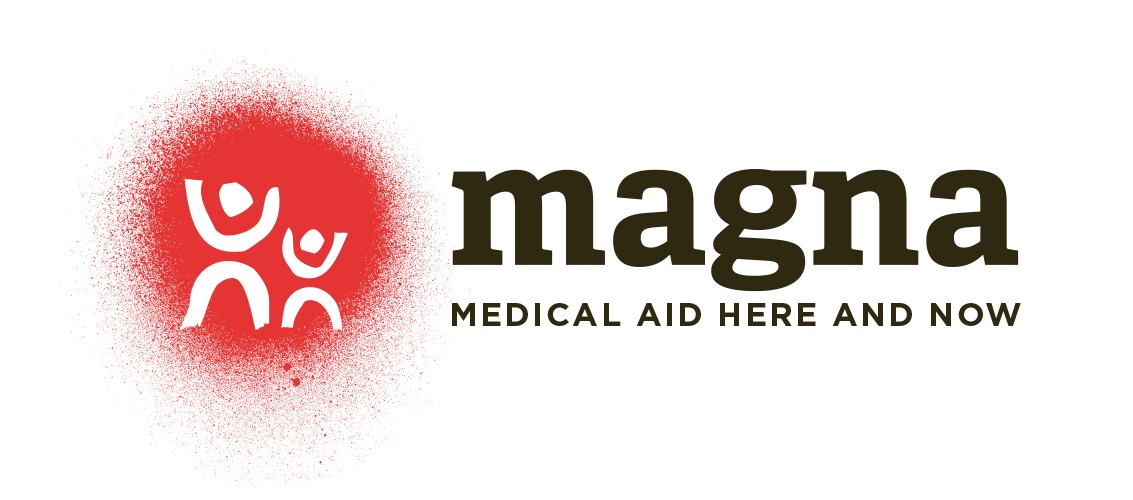MAGNA is bringing attention to World Food Day. It is opening three new nutrition centres in South Sudan.
(Bratislava, 13 October 2017) – 8,400 packages of therapeutic food each month is given out by medical staff of the Slovakian humanitarian organisation MAGNA in South Sudan for children with acute malnutrition, who have been suffering from famine for a long time. In the capital city, Juba, and in the Jonglei area troubled by conflict there are more than 80 healthcare workers at twelve MAGNA hospitals. MAGNA is in the process of opening three new nutrition centres.
“The UN linked World Food Day, which takes place on 16 October, with the ‘Zero Hunger’ challenge. In line with this obligation no child in the world should suffer from hunger or malnutrition by 2030. The situation in South Sudan remains critical though. Six million people don’t have access to food, and more than one million children are affected by malnutrition, and they really need humanitarian aid. It is the most acute case of food emergency that South Sudan has experienced, and we have been operating here since 2011,” Martin Bandzak, the founder of the MAGNA humanitarian organisation, summarises the current conditions in the country.
MAGNA strengthened its medical teams in South Sudan and is in the process of opening 3 nutrition centres in the Jonglei area focused on treating children with malnutrition. The healthcare is primarily aimed at treating serious cases of malnutrition, and it includes treatment at hospital as well as outpatient treatment.
“We work in Jonglei, a region troubled by conflict, and in the capital city Juba, where we work as part of a camp for internally displaced people. MAGNA medical workers in these areas provide access to healthcare for 100,000 people. They daily identify and monitor cases of malnutrition and they provide subsequent nutritional assistance. Besides that they vaccinate children against diseases that could have fatal consequences, such as measles and cholera, and they also vaccinate against classical diseases that affect children. In addition, they treat against malaria, pneumonia and severe diarrhoea, which are diseases that are dangerous especially for children,” points out MAGNA operational manager Denisa Augustinova, adding, “disturbances persist in the country, people are running from their houses. We work in areas where besides helping we constantly monitor the security situation in order to protect the lives of our healthcare workers.”
Malnutrition is diagnosed by comparing standard weight and height or by measuring the waist size of a child using a MUAC belt. MAGNA uses the most effective method for treating malnutrition in patients who have serious, acute malnutrition. MAGNA gives them therapeutic food prepared for immediate consumption (called ‘RUTF’ food). The therapeutic food contains all of the nutrients that the patient needs to gain weight and for their overall stabilisation.
The treatment may take place in several stages. Acute malnutrition requires quick medical assistance and immediate hospitalisation. “We give malnourished children therapeutic milk into their stomach using a gastric probe. After a short interval we move on to milk that has more energy and nutrition. This procedure reflects the fact that there may be complications caused by a sudden intake of nutrients. The doses get gradually increased according to the weight of the child, and finally we can release the patient. The children go home with RUTF nutrition and instructions on how to use it,” explains Augustinova.
